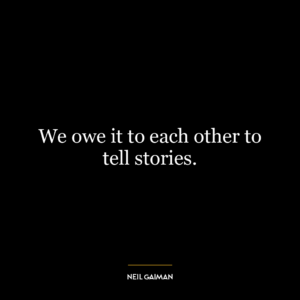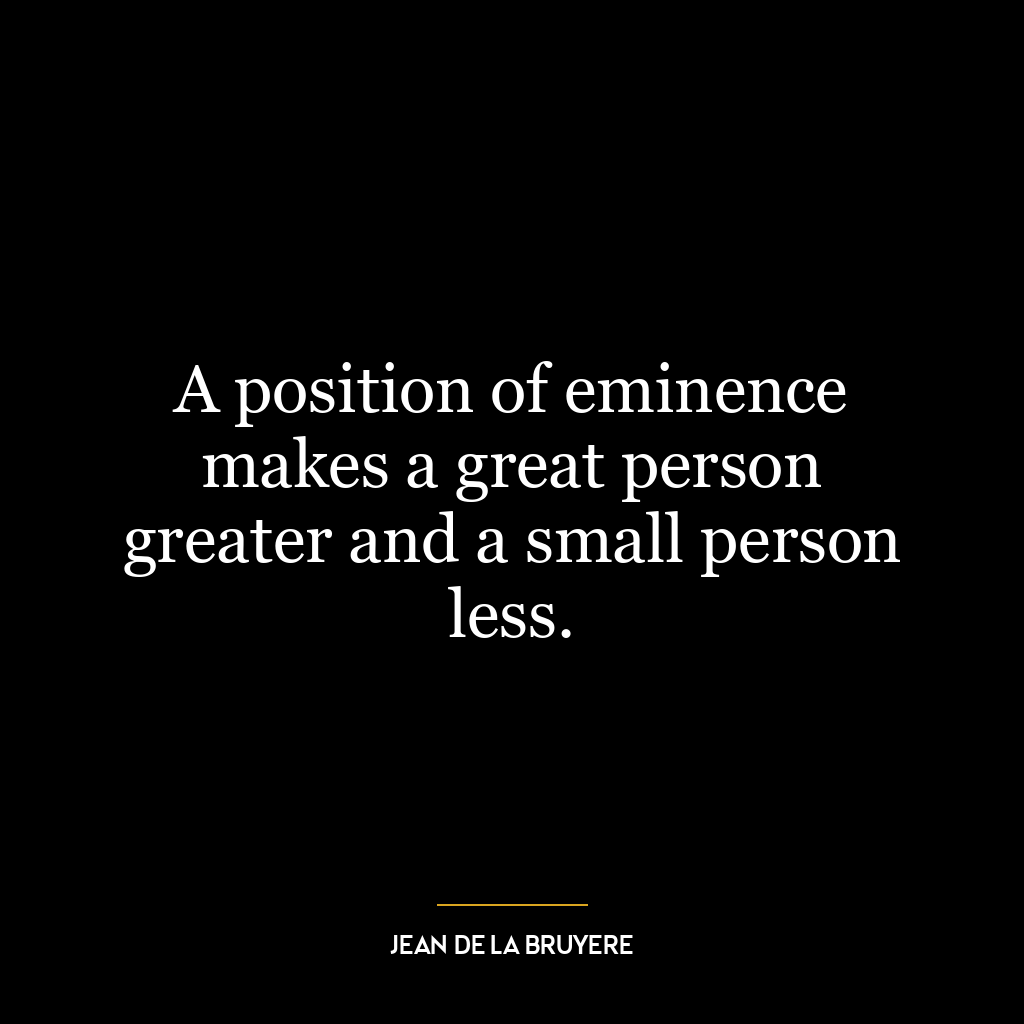The quote, "What power would Hell have if those imprisoned were not able to dream of Heaven?" is a profound reflection on the nature of suffering, hope, and the human condition. It suggests that the power of any negative or painful situation (symbolized by ‘Hell’) is largely dependent on the awareness of a better, more desirable situation (symbolized by ‘Heaven’).
In essence, this quote is about the power of contrast and the human capacity for hope. The torment of being in a ‘Hell’ is made more acute by the knowledge or dream of a ‘Heaven’. Without this contrast, the suffering might be less intense because there would be no awareness of something better. In other words, the power of ‘Hell’ is not just in its inherent unpleasantness, but also in the tantalizing awareness of a ‘Heaven’ that is out of reach.
This concept can be applied to various aspects of modern life and personal development. For instance, consider a person stuck in a job they dislike. The ‘Hell’ in this case is the job, and ‘Heaven’ is the dream job they aspire to have. The power of their current job’s dissatisfaction is magnified by their awareness of a more fulfilling job. This contrast can be a source of pain, but it can also be a powerful motivator for change and improvement.
Similarly, in personal development, individuals often have an ideal version of themselves that they aspire to become. The gap between their current self (‘Hell’) and their ideal self (‘Heaven’) can cause discomfort and dissatisfaction. But at the same time, this awareness can also serve as a powerful incentive for personal growth and self-improvement.
In conclusion, the quote suggests that the power of any negative situation is amplified by the awareness of a better alternative. While this can increase suffering, it can also serve as a potent catalyst for change and improvement.










